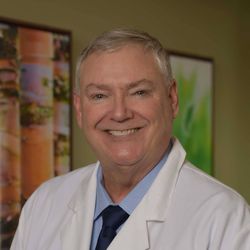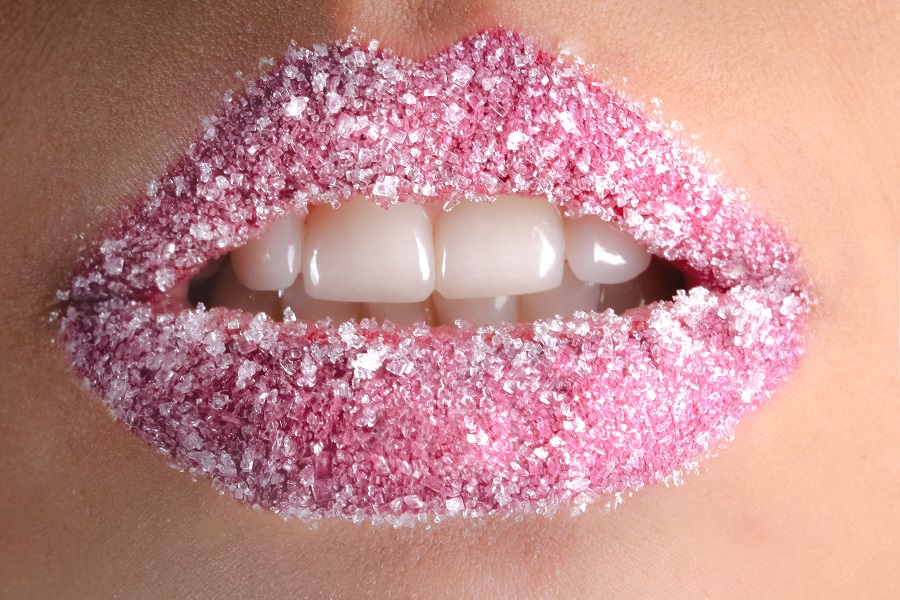The food you eat, the beverages you drink, and the lifestyle you lead have a direct impact on your teeth. How? Let’s find out.
When you eat, bacteria in the mouth will feed on the food particles left behind in the teeth. That bacteria will then form into plaque and tartar. Both are highly calcified upon hardening, making it easier for them to stick to the enamel of your teeth. Not only that, the acidity in certain foods can also cause stains on your teeth. So, when food gets stuck in between the teeth, it can result in tooth decay. Here are a few types of foods that can wreak havoc on your dental health.
Sticky candy
Most candies are usually made of sugar that attaches to plaque and creates harmful acids. Furthermore, when the sugary substances are in contact with saliva for a long time, they can become even more damaging. The longer the sugar sticks to your mouth, the longer it will take for it to wash away. This will result in the formation of cavities and tooth decay.
Hard pretzels
Pretzels, like hard candies, are also rich in starch and sugars. When these stick to your teeth and gums, they can lead to tooth decay and cavity formation. Moreover, eating them can also result in cracked or chipped teeth. This is because the crust can fracture and cause the protective outer layer of your teeth to chip away.
Dried fruit
Although dried fruit is a healthier snack option when compared to other types of junk food, it still contains high amounts of sugar. The sticky nature of fruit makes it more likely to get stuck in between your teeth and stay there for longer periods of time. This can lead to the formation of plaque and, eventually tooth decay.
Carbonated drinks
Regular sodas and sparkling waters contain high amounts of sugar and acid. These ingredients can have terrible effects on your teeth by destroying their protective layer. Once the acid destroys your enamel,
How To Take Care of Your Teeth?
In addition to what you are eating, how long you chew your food also matters. Food that is chewed for a long period of time will break down more slowly and be less damaging to the enamel on your teeth. This is one of the reasons why people who snack throughout the day are more likely to have cavities and damage to their teeth than those who only eat a meal at mealtimes. It can also cause other health problems like acid reflux, as food that sits in your stomach too long can trigger those symptoms as well.
The next time you are enjoying a snack or meal, take the time to eat slowly and really savor the flavors and textures of what you are eating so that you will be able to enjoy them as much as possible. If you rush through the chewing process, you may actually end up enjoying your food less than if you took the time to slow down your eating habits.
The ADA recommends brushing twice a day for two minutes each time along with daily flossing. Brushing alone does not clean all of the surfaces of your teeth, so it is very important that you floss as well. If you only do one or the other, some bacteria will remain in your mouth and cause cavities or worsen existing gum disease.
If the area between your teeth and gums is a tight space, you can use waxed floss or a water flosser device to make it easier to reach these areas. This can prevent you from missing any spots when you floss. However, you should still floss along the gumline of each tooth to ensure all of your teeth are receiving the same cleaning treatment. Overall, flossing is an essential part of taking care of your dental health.
In addition to flossing, you should also make sure to rinse your mouth out with water after you eat. If you are on the go during the day, carry a travel-sized bottle with you so you can rinse your mouth out after eating a meal. Rinsing away food particles will help to prevent tooth decay from occurring.
More Blog Posts
Save time by completing your new patient forms and sending them to us online or bring them with you to your first visit.
- MON - THU8:00 am - 5:00 pm
- FRI - SUNClosed








